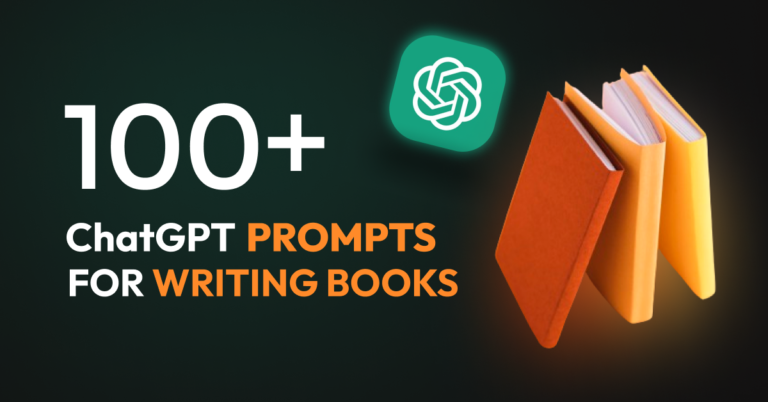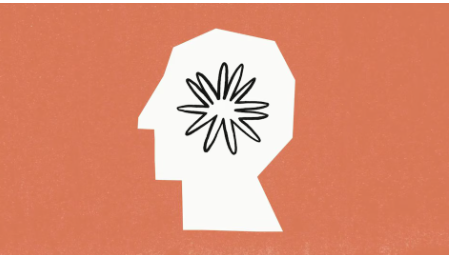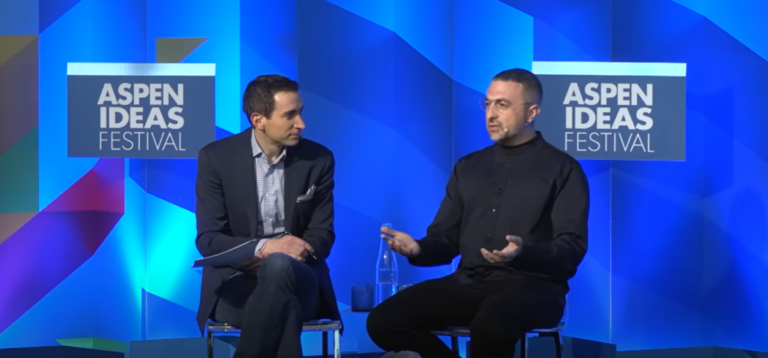The advancements in artificial intelligence (AI) show no signs of slowing down, as evidenced by OpenAI’s unveiling of Sora – a groundbreaking AI model with the ability to translate text prompts into Text-To-Video Tool compelling videos.
Sora OpenAi Revealed a New Text-To-Video Tool
This technology is poised to revolutionize the landscape of content creation, ushering in new possibilities and raising important questions about the ethical deployment of AI.
Sora fundamentally reimagines the video creation process. Rather than requiring cameras, lighting setups, and extensive editing knowledge, Sora users can outline their desired visual concept using concise text descriptions.
It then generates entirely original videos based on those textual instructions. Which is a significant leap from earlier models that mainly curated or combined pre-existing content.
Credit: OpenAI
This innovative approach empowers creators from various disciplines.
Credit: OpenAI
OpenAI trained Sora on a vast dataset of text and video pairs. This grants Sora an understanding of nuanced relationships between language and visuals, allowing it to accurately interpret complex prompts.
Importantly, Sora is still under development, and hasn’t launched for the general public. OpenAI plans to limit its availability in the near future, highlighting their commitment to ensuring ethical and responsible usage.
The rise of AI-driven video generation, while incredibly promising, inevitably sparks concerns about potential misuse. Deepfakes, hyper-realistic fabricated videos often used for malicious purposes, are a prime example of the negative impacts of such technology.
OpenAI acknowledges these concerns, expressing a dedication to implementing safeguards and developing robust detection tools for misinformation generated through text-to-video technology.
Experts in the AI field have expressed a mixture of excitement and trepidation towards Sora’s release. While its potential for innovative applications is undeniable, the necessity for proactive governance frameworks cannot be overstated.
Collaborations with policymakers, ethics experts, and tech stakeholders will play a vital role in navigating the complex challenges presented by Sora.
All in all, OpenAI’s Sora represents a remarkable leap forward in AI-powered video generation. With its ability to rapidly visualize textual concepts into reality, it has the potential to transform diverse fields such as entertainment, education, and marketing.
However, as Sora and similar technologies continue to advance, proactive steps toward ethical development and deployment are critical in ensuring they remain a force for good rather than posing a threat to reliable information and digital trust.






